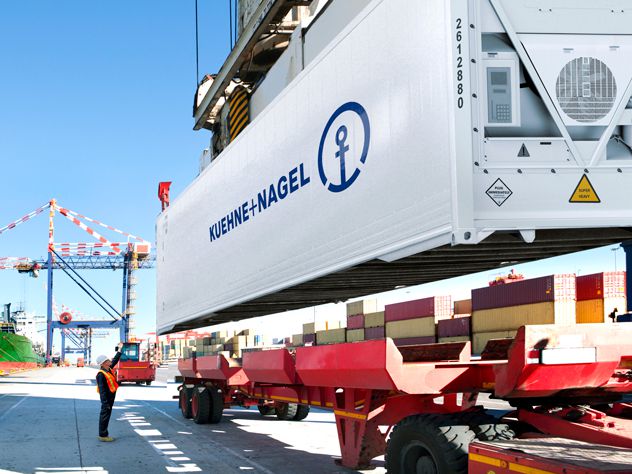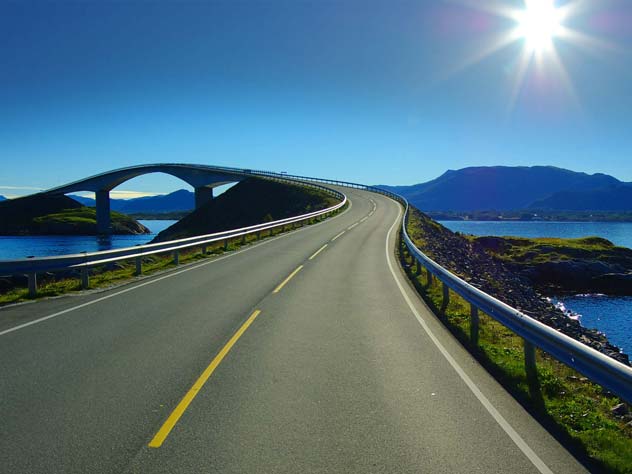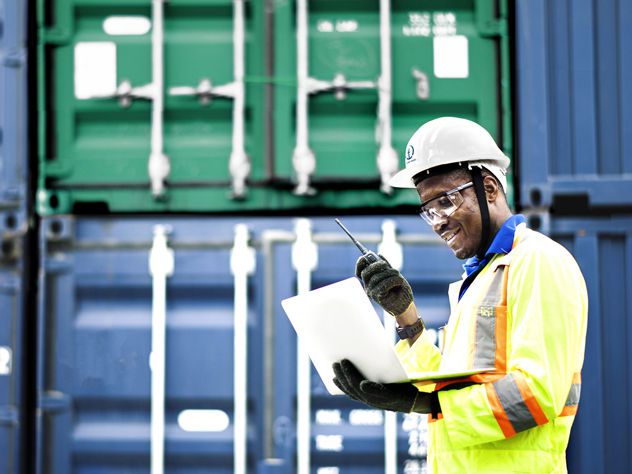Despite much available information online on the subject, we would argue that no one knows with 100% certainty what the practical consequences of Britain's exit from the EU will be. We will therefore try to give some simple, practical advice to Norwegian importers and exporters, including shipping companies and transporters.
Import to Norway from the UK
In principle, there will be no tariff changes compared to the current situation. As there will in all probability- most likely, be no ratified free trade agreement between Norway and the UK on 1 January 21, an agreement was entered into in 2019 (the Bridge Agreement) between the United Kingdom, Norway and Iceland, where most of the elements in the EEA agreement are continued, at least for importation and exportation of goods between the two countries. This so called “Bridge Agreement” is temporary until a formal agreement is in place between the countries.
Read more about this here
(unfortunately this information is only published in Norwegian)
Export from Norway to the UK
Exports from Norway may need to be planned even better than what is currently the case.
- Avoid the Incoterm DDP (Delivered Duty Paid) unless you have a tax set-up in the UK that can handle import customs clearance
- Take into account that there may be delays when importing commodities into the UK. It is estimated that the number of customs declarations will increase fivefold overnight with the pressure it puts on freight forwarders and customs authorities. At the same time, one can expect formidable queues attached to lorries using the Dover-Calais corridor.
- The bridge agreement mentioned above will also apply to Norwegian goods imported into the UK.
Safety and security data to be given for goods being transported from Norway to the UK or vica verca. On 24 November, we received information from the Norwegian Customs that the UK from 1.1 will be considered a third country in terms of direct traffic between Norway and the UK. Consequently, security data must be given to Customs in advance. Comprehensive information on these links:
Advance notice
(unfortunately this information is only published in Norwegian)
Brexit - Advance notice requirement
(unfortunately this information is only published in Norwegian)
Advance notice - To and from the UK
(unfortunately this information is only published in Norwegian)
In practice, this means that security data must be submitted before departure to Norwegian Customs for airplanes, trucks and all types of vessels, for cargo to be unloaded in the UK. In order to be able to issue the security declaration, the operator must have the status of "Approved Exporter" in NCTS (New Computerized Transit System) and the required software. The same system is also used to create transit documents (T1 or T2). If the transporter is not able to handle these obligations, an agreement must be entered into with a company who has the necessary systems and permits in place, for example Kuehne+Nagel. For the record; the same security data must also be given to the Customs before arrival for goods coming directly from the UK in order to be unloaded in Norway.
We are ready to contribute with both guidance and practical solutions, both in relation to Brexit and in other contexts.





